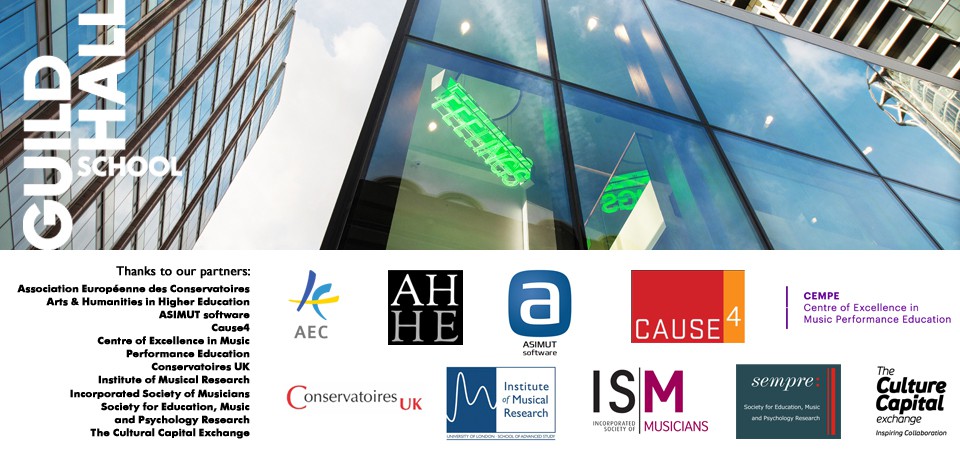Gordon Stewart, vocal coach at the Guildhall School, considers the potential of translating art song to a local language in the journey of finding and connecting with new audiences. Please add your comments in the “Leave a Reply” box below.
Do you understand me when I’m singing to you?
The first Schubert song I heard was sung in English by Kathleen Ferrier.
The first Schubert song I sang was “To wander is the miller’s joy”. At school.
The first real opera I heard was the “Marriage of Figaro” at what was then Sadler’s Wells; that was in English too, so Cherubino’s aria Non so più cosa son came over as “Is it pain, is it pleasure that fills me?” Easy, it made sense, once I’d got over the fact that the person singing it was playing a Principal Boy role. That translation was by Edward J Dent, and a lot of it still works today, although Dent himself said that translations should be redone every thirty years.
The thirty years are well up, so I’ve had a go at translating the first part of that aria, using up-to-date words for an adolescent boy talking about how it feels to be an adolescent boy:
Here’s a thing – I don’t know where I’m going –
I SO feel like my hormones are showing
Ev’ry woman SO makes me feel horny
But they treat me like I’ve just been born…
I’m not sure my translation would survive scrutiny under that Thirty Year Rule, but it’s fun.
Mozart’s mature Italian operas were written for German-speaking cities – there’s an irony there which can be explained. But in Germany (and Austria too) they were regularly sung in German. Fritz Wunderlich’s first recording of Dalla sua pace came out as Nur ihrem Frieden. Figaro was played in French in Paris, sometimes adapting Beaumarchais’s original dialogue to replace the recitatives; and in England – well, in the nineteenth century, they liked their German operas in Italian – Il flauto magico. Il Seraglio, Fidelio (!), but then translated them into English.
Opera sung in English is still a norm.
But translations of songs?
Harder question to answer. I think that in the right circumstances it works. The audience doesn’t have to read. You don’t have to explain the song.
I used to sing a translation of my own for Abschied, Mörike’s poem about a critic who is summarily dealt with. Wolf’s music is graphic, and ultimately very Viennese, it’s fun with a touch of anger, maybe, and it rings bells. The local language meant I could take the audience with me, and even raise a smile.
There are English translations in some of the editions of songs, which you can tweak a bit, getting rid of the “Thou art”s and “e’en as”s and not worrying about rhymes. If the rhyme is good, keep it, if not, ditch it. There are honourable precedents for this cavalier attitude: Byron made jokes about the lack of good rhymes in English, especially for that important word “love” which
“…I needs must rhyme with dove.
That good old steam-boat which keeps verses moving.”
I think it’s worth trying. Perhaps not in the Wigmore Hall, though its cupola wouldn’t cloud over with distaste – it’s heard such things before. But if we think of our audiences elsewhere – new audiences waiting to join us – it could be a way to help that.
It’s not the only way, as I know, and there are strong reasons for using the original language. But that’s another story, and one which fascinates me endlessly.
Gordon Stewart – degrees in Modern Languages and Music from Cambridge and London Universities respectively; pianist in concerts and broadcasts for BBC Radio 3; writer of hundreds of scripts for broadcasting, many for his own presentation at the microphone; Deputy Head, Radio 3 Music Department; then Head of Voice at the Conservatoire in Glasgow. Writer of articles for industry magazines and for the Times (a Third Leader once). Sony Award for the production of the first live broadcast of music from within the USSR to the UK. Currently occupied in writing a handbook on how to sing in four languages.
